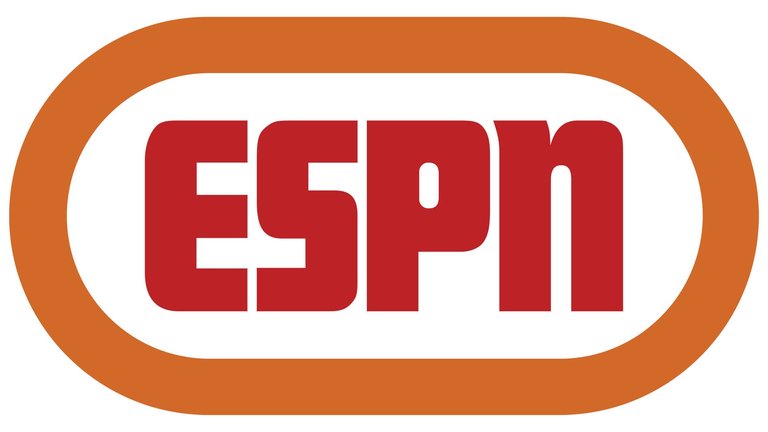For the last 40 years, ESPN was the undisputed leading sports network. It is a run that is pretty much unrivaled. While other network genres saw competitors show up, ESPN has managed to hold its edge.
The question is whether this is coming to an end?
ESPN is the proverbial right place at the right time story.
It was able to ride the wave of cable/satellite packages for massive gains. The revenues the company was able to generate was also unparalleled.

As Things Change, What Is The Future Of ESPN?
Sports enthusiasts have been subsidized for decades. With newer packages, this is coming to an end.
ESPN first charged pay-TV distributors less than $1 per month per subscriber in the 1980s. In 2023, ESPN’s monthly carriage fee was $9.42 per subscriber
This was applied to every subscriber regardless of whether they watched sports or not. There was no way around it.
Since the network was so popular, carriers couldn't afford to go without. This, naturally, led to lucrative contracts paid to the leagues for the rights to the broadcasts.
The introduction of cord cutting changed life forever.
Since 2013, tens of millions of Americans have canceled their cable TV subscriptions, raising questions about ESPN’s future in an increasingly fragmented media landscape.
This means there is no way to simply raise the fees to make more money.
Broadcast Facing Massive Disruption
ESPN is not the only entity facing an uncertain future. The problem for the network is that live sports is one of the pillars of broadcast television. With newer entrants such as Apple and Amazon entering, will they be able to retain the contracts.
We also have YouTube becoming one of the leading streaming entity and likely will want to add to their lineup.
ESPN is responding in a couple ways.
To start, the company is looking to release its own streaming application in 2025. This is a move many broadcasters jumped on. Unfortunately, thus far, it has not been a money maker for anyone other than Netflix.
Then there is the joint venture with Warner Bros Discovery and Fox, looking to offer a service outside of the cable bundle. The goal will be to undercut what customers are presently paying each month.
Could this combination work?
A lot is riding in it and some of the biggest names are coming together. The potential certainly is that, at least from the traditional players.
Newer Entrants
The issue, as always, is not the traditional broadcasters.
Instead, we have to look at the mega-technology companies who are starting to access the market. When we look at the size of the corporations, the networks are dwarfed by Google, Amazon, and Apple. The market capitalization is not even comparable.
Can these conglomerate compete with any of these entities? That is the question that is going to take the Next 5 years to determine.
The cable/satellite bundle was the greatest thing to happen to television, at least from the broadcaster perspective. No single entity profited more off it than ESPN.
Now that the gravy train is ending, major questions exist. profits for the company are basically flat. If cord cutting continues, which it likely will, the strain will accelerate.
This is going to be an interesting situation to watch. The next test will be the NBA contract that coming up soon. ESPN cannot afford to lose this.
We will see if some of the newer entrants get in the bidding.
Posted Using InLeo Alpha